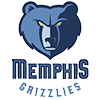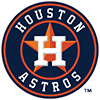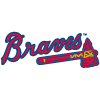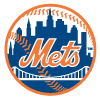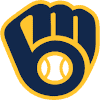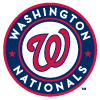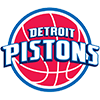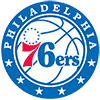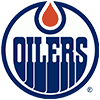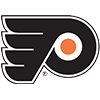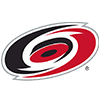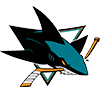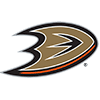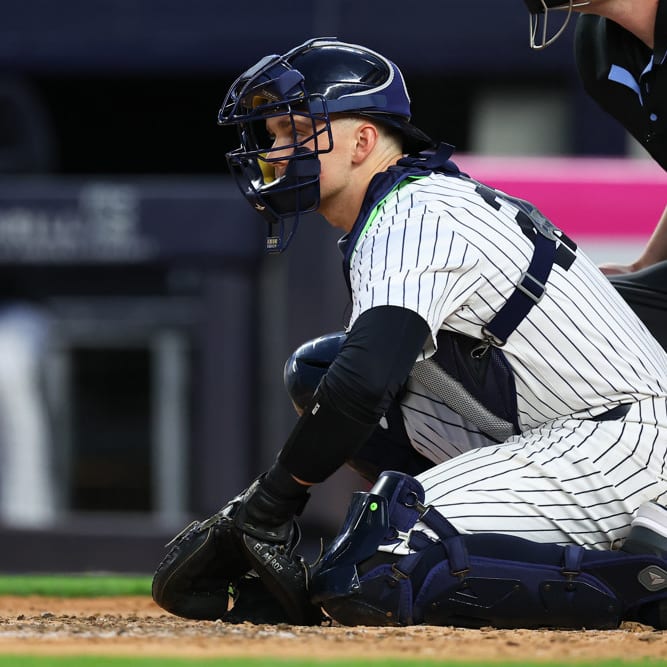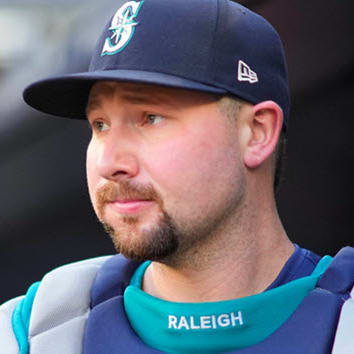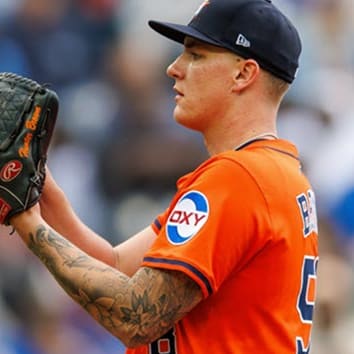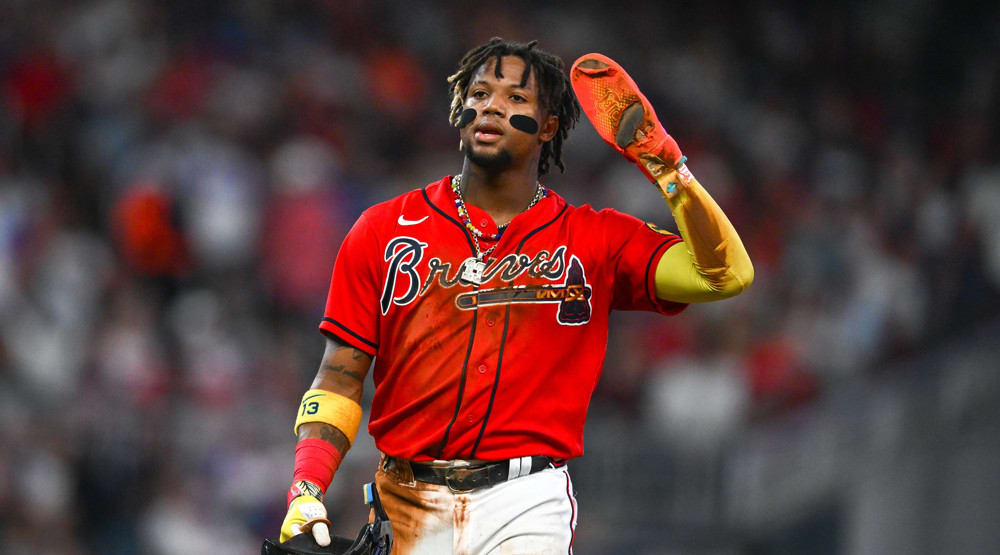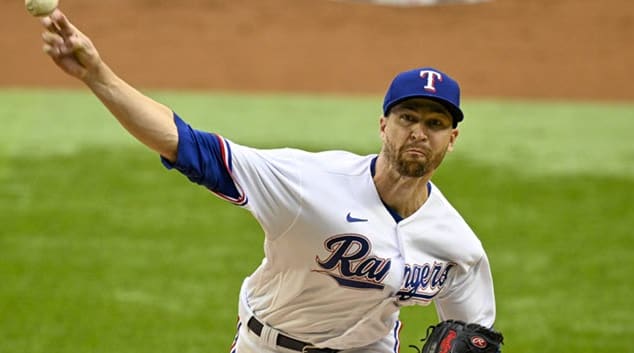As we prepare our rankings this off-season, we have no idea what spot we will be drafting from in March and April. All we can do right now is prepare our position-by-position ranking lists, begin our player projections, look at position scarcity, evaluate the minor leagues and prepare a solid Top 300 list.
Once we have all of the players evaluated and projected, we can be ready for any course of action, right? That's the plan: Know the players inside and out and then adjust on the fly.
That's what I'm doing now, but did you ever consider that WHERE you draft from plays a big factor in how you handle that draft plan? Do your player evaluations allow you to win from any spot? I hope so.
The old adage that you can win from any spot is true in baseball. Yes, it helps to have that solid foundation from the early rounds, but many breakout stars emerge from the middle to late rounds. Last year we saw the likes of Curtis Granderson come from Round 7 and lower (ADP of 105), Craig Kimbrel come from Round 11 or lower (ADP of 161) and Lance Berkman come from the lower half of the draft (ADP of 244). There are bargains everywhere on Draft Day and thus it's important to build a solid foundation and just keep adding building blocks to that foundation with each pick.
Still, it's fun to look at historical data when it comes to draft picks.
As we prepare our rankings this off-season, we have no idea what spot we will be drafting from in March and April. All we can do right now is prepare our position-by-position ranking lists, begin our player projections, look at position scarcity, evaluate the minor leagues and prepare a solid Top 300 list.
Once we have all of the players evaluated and projected, we can be ready for any course of action, right? That's the plan: Know the players inside and out and then adjust on the fly.
That's what I'm doing now, but did you ever consider that WHERE you draft from plays a big factor in how you handle that draft plan? Do your player evaluations allow you to win from any spot? I hope so.
The old adage that you can win from any spot is true in baseball. Yes, it helps to have that solid foundation from the early rounds, but many breakout stars emerge from the middle to late rounds. Last year we saw the likes of Curtis Granderson come from Round 7 and lower (ADP of 105), Craig Kimbrel come from Round 11 or lower (ADP of 161) and Lance Berkman come from the lower half of the draft (ADP of 244). There are bargains everywhere on Draft Day and thus it's important to build a solid foundation and just keep adding building blocks to that foundation with each pick.
Still, it's fun to look at historical data when it comes to draft picks. Last year was a unique one in the NFBC because most of our league champs came from the lower one-third of 15-team leagues. It was the first time that the lower tier dominated the competition. Here's the data:
2011 NFBC Main Event League Champs (of 26 leagues):
No. 1 - 3 league champs
No. 2 - 0 league champs
No. 3 - 1 league champ
No. 4 - 2 league champs
No. 5 - 1 league champ
No. 6 - 2 league champs
No. 7 - 1 league champ
No. 8 - 0 league champs
No. 9 - 0 league champs
No. 10 - 1 league champ
No. 11 - 6 league champs
No. 12 - 3 league champs
No. 13 - 1 league champ
No. 14 - 4 league champs
No. 15 - 3 league champs
Nos. 1-5: 7 league champs
Nos. 6-10: 4 league champs
Nos. 11-15: 17 league champs
** 12 of 15 draft spots produced league champs, with No. 11 leading the way with 6 league champs and No. 14 being next with 4 league champs. Only picks 2, 8 and 9 failed to produce league champs.
** 17 league champs came from Nos. 11 through 15, compared to only 7 from the first five picks. The middle of the draft order produced only four league champs, which is pretty amazing.
** Two of the 26 leagues ended in ties for the title. In New York League 3, the co-champs drafted from the 10th and 14th spots, while the co-champs in Online League 3 drafted from the 13th and 14th spots. There really was some love from the bottom slots this year. Amazing.
In the NFBC, we allow owners to tell us where they'd like to draft and depending on the random order for that league we "seed" these owners appropriately. Last year several of our top winners chose to draft from the 11th spot or in that area. Why? I think many of them were targeting starts of Adrian Gonzalez or Robinson Cano in Round 1, Matt Kemp or Prince Fielder in Round 2 and Clayton Kershaw or Justin Verlander in Round 3. You saw owners thinking of their foundation and liking their top 3-4 picks from the back-end of the draft more than the front end. And many of them executed their game plans to perfection.
Over our 8-year history of the NFBC, the top end of the draft still leads the way in league champions. But it's amazing to see how balanced all 15 draft spots are through our eight years. I still get people who are upset with me when they draw the 14th or 15th draft spot, but history shows that they have as much of a chance of winning a league title from there than the owners in the top two spots.
Here's a look at that data through 149 NFBC Main Event leagues:
2004-2011 Main Event League Champs:
No. 1 - 13 League Champs
No. 2 - 5 League Champs
No. 3 - 12 League Champs
No. 4 - 15 League Champs
No. 5 - 9 League Champs
No. 6 - 10 League Champs
No. 7 - 10 League Champs
No. 8 - 9 League Champs
No. 9 - 10 League Champs
No. 10 - 10 League Champs
No. 11 - 9 League Champs
No. 12 - 9 League Champs
No. 13 - 8 League Champs
No. 14 - 10 League Champs
No. 15 - 10 League Champs
Nos. 1-5: 54 League Champs
Nos. 6-10: 49 League Champs
Nos. 11-15: 46 League Champs
That's balance and baseball provides that. It's not WHERE you draft on Draft Day, it's HOW you execute your draft plan. And this year, I wouldn't be surprised again if the back-end of the draft has continued success. Why?
The turn at the end of the First and Second rounds is still very loaded with talent. The end of the first round will likely have these players to choose from: Robinson Cano, Carlos Gonzalez, Prince Fielder, Curtis Granderson, Evan Longoria and Justin Upton. The turn would still have these stars available: Dustin Pedroia, Hanley Ramirez, Ian Kinsler, Jose Reyes, Clayton Kershaw and Roy Halladay. There are a lot of ways to build a winning team back there. And in Rounds 3 and 4, there will still be plenty of solid young starting pitchers to anchor your staff: Felix Hernandez, Jered Weaver, Cole Hamels, Jon Lester, and Dan Haren.
The front of the draft ALWAYS feels better when you're picking the cream of the crop. Given the choice, I'd probably still take the highest possible pick I was given. But after you do your Top 100, don't be surprised if you see the 1-2 and 3-4 turns at the bottom looking a little better than the top. It's going to be another balanced season of winners and the adage that "you can win from any spot" will definitely hold true this year. The first round isn't set in stone this year and either is any round after that. It's what makes this season's upcoming drafts the most anticipated in years.
------------------
Finally, we're proud to note that our 2011 NFBC champion, Lindy Hinkelman, was featured in the New York Times this week. It's a great story for Lindy, the NFBC and the entire fantasy sports industry in general. Great job Lindy:
(Greg Ambrosius is the founder of the National Fantasy Baseball Championship and a member of the Fantasy Sports Writers Association Hall of Fame and the Fantasy Sports Trade Association's Hall of Fame. For more information on the NFBC, contact him at gambrosius@stats.com or go to nfbc.stats.com).







